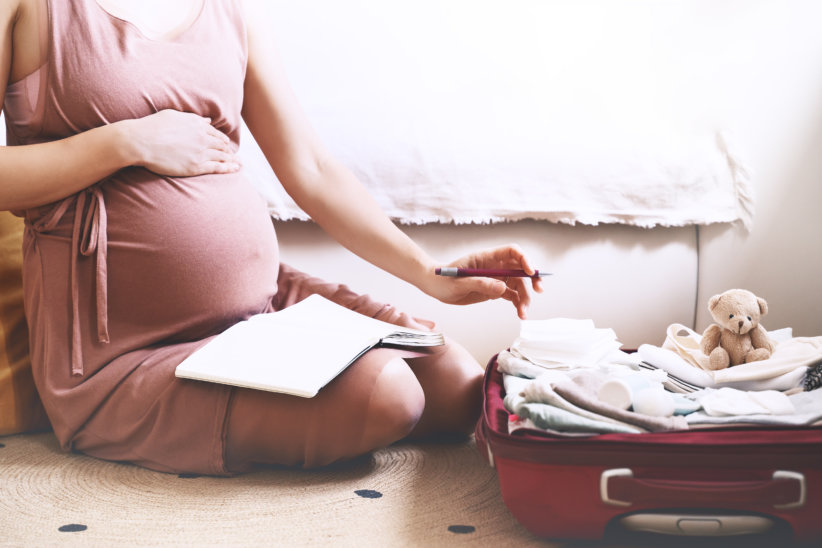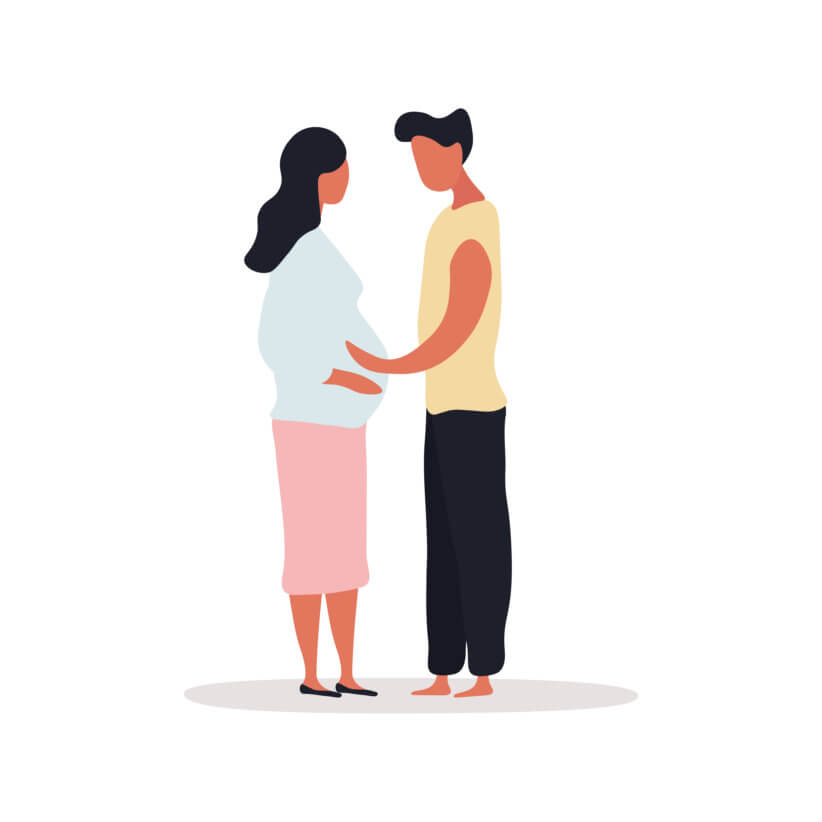It’s never too early to talk to your kids about sex. Young children are curious about their bodies and look to their parents for answers. First conversations about sexuality usually occur at bath time or during toilet training. As children mature, their questions become more complicated and dialogue can become increasingly uncomfortable for those parents who are not well prepared.
In today’s world, children are bombarded with sexual images and content. It is almost impossible to turn on the television, radio or computer without coming across a reference to sex. Pop culture shapes the way young people view sex and themselves. Combined with peer pressure, kids are faced with many conflicted messages. Parents are the most influential sex educators for their children.
“If parents don’t supply children with the information they need, they will acquire it from their peers, the media, or other potentially misinformed, misleading, or biased sources,” stresses Dr. Logan Levkoff, sexologist, relationship expert and author of “Third Base Ain’t What It Used To Be: What Your Kids Are Learning About Sex Today and How to Teach Them to Become Sexually Healthy Adults.”
Never too young to talk
Healthy family communication plays a key role in helping preteens and teens make responsible decisions. If parents practice talking about sex as their children develop, they will establish a strong foundation on which to base future conversations. Sexuality includes a wide range of topics which can be discussed at different times. A young child is likely to wonder where babies come from if there is a pregnancy in the family. Adolescents may have questions about relationships after they develop their first crush. Preteens may start to experiment with sexual behavior, while teenagers want to know the different ways to prevent sexually transmitted diseases and pregnancy.
Rosie, a single mother from Brooklyn, began speaking about sex with her two children at a young age.
“I was always very open about sex with them. It came very natural to me. If we saw something on TV, I’d use it as an opportunity to talk to them,” she says. Finding the right moments to address age-appropriate issues can help alleviate the stress or embarrassment (of parents and children) of having “the talk.” In fact, one serious conversation about the subject is not sufficient. All humans, regardless of age, are sexual beings and need to find appropriate outlets for expression. Open parent communication helps young people develop a healthy sense of self.
In recent studies on parent-child talk about sex, researchers found that more than 40 percent of adolescents had had intercourse before they spoke with their parents about birth control, safe sex or sexually transmitted diseases. Teens who had ongoing conversations about sexuality were more likely to delay their first sexual encounter, have fewer partners, and practice safe sex when they did become active.
Brianna, Rosie’s 15-year-old daughter, says that she is going to wait until she is married before she has sex.
“In junior high, there was a girl who got pregnant and had to get an abortion. Sex is no good until you’re married!”
Rosie stresses that she doesn’t tell her kids that sex is wrong.
“I don’t teach my kids that sex is bad,” she says. “Nothing is wrong with it. It’s a beautiful thing to share with someone you truly love, but it shouldn’t be taken lightly. There are serious repercussions that I want them to be aware of.”
Rosie’s 16-year-old son, Eli, appreciates his mother’s perspective. Like his sister, he believes sex should wait until marriage, but also admits that “anything can happen with teens.” Eli understands that a sexual relationship can be beautiful and fun as long as it’s with the right person.
“It’s definitely something that can be enjoyed, but you must be smart about it,” he says. “There are a lot of diseases out there, so you really have to be cautious in what you are doing when you open yourself up in that way.”
Sex Ed 101
Without education, many young people do not consider the potentially life-changing outcomes sex can bring. Most schools teach an abstinence-only curriculum. The truth is, sex feels good and kids will continue to experiment because of the pleasure it brings. They learn about pregnancy and sexually transmitted diseases but do not hear enough on prevention or alternate means of sexual expression. Sex education in school also does not usually include a moral discussion, which is why parents have the responsibility to share their values about sexuality and relationships with their children.
Successful communication stems from open, honest and nonjudgmental talk. Parents should look for “teachable moments” when the conversation can unfold naturally — in response to a news story, television program, music video, etc. The dialogue does not have to be heavy. Sometimes a short, meaningful exchange can be most effective, especially when delivered at the right moment.
Play it cool
Children most likely feel just as awkward as their parents when broaching the subject of sex. If they perceive that their parents are as afraid or embarrassed by the topic, they are less likely to reach out and initiate conversation. There is nothing wrong with acknowledging the awkwardness before starting to talk. Another way to break the ice is with a sense of humor.
Parents should express their thoughts and feelings, but should also be prepared to listen and ask questions. While it is critical to provide children with the information they need to understand the physical aspects of sex, it is just as important to address the social, emotional and spiritual impact. Here are a few questions a parent might want to discuss with a child who is interested in becoming sexually active:
• Are you aware of different kinds of birth control? Do you and your partner know how to properly put on and take off a condom? Do you realize the importance of two forms of birth control to ensure maximum protection?
• Have you and your partner thought about what would happen if a pregnancy occurred?
• Do you know about sexually transmitted diseases? Do you understand how they are transmitted and how to protect yourself from them? Are you prepared to ask your partner about previous sexual partners and be willing to get tested?
• Why do you want to have sex now? Are you feeling pressured? How do you feel sex will change your relationship?
• How will you feel about yourself as a sexually active person — physically, emotionally, socially, spiritually?
• Do you know that there are other things (besides intercourse) that you and your partner can do to experience sexual pleasure without the risk of pregnancy or STDs?
When parents let children know they care about their sexual well being, they are also empowering them. Education from home provides young people with the information necessary to make the right choices for themselves. When children are raised with positive messages about sexuality from a young age, they learn to embrace themselves as healthy sexual beings as they develop. And when the time comes, sex is likely to be approached responsibly and respectfully.
Teacher and freelance writer Laura Varoscak-DeInnocentiis is a regular contributor to New York Parenting Media. She has won numerous editorial awards from the Parenting Media Association. She holds master’s degrees in fiction writing, education and psychology. She lives in Brooklyn and is the proud mom of two sons, Henry and Charlie. Visit her webpage (www.examiner.com/parenting-in-new-york/laura-varoscak) for more articles.






















